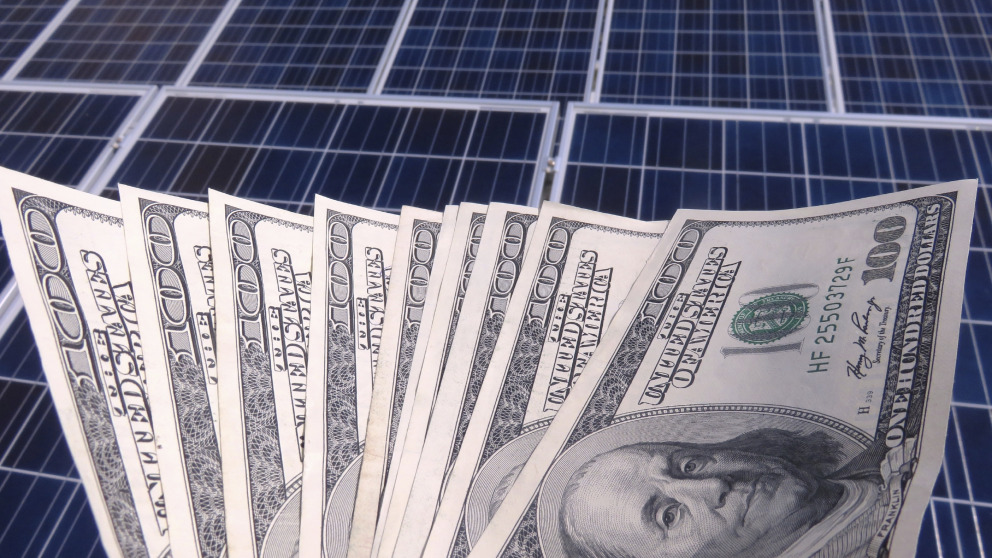Reforming the International Monetary System to Save the Climate
01.07.2015

What does reforming the international monetary system have to do with saving the climate? As it happens quite a bit, says Robert Wade, Professor for Political Economy and Development at the London School of Economics. At a guest lecture at the IASS on 15 June, he described a number of proposals for reducing macroeconomic imbalances and strengthening the resilience of the international financial system. His ideas range from radical measures, such as the creation of a genuinely supra-sovereign (or international) reserve currency, to more cautious steps, such as reforming the International Monetary Fund’s (IMF) special drawing rights (SDRs), the organisation’s reserve currency, based on a weighted basket of major currencies (euro, yen, British pounds and US dollars). As highlighted in the IASS Working Paper Sustainability, Finance, and a Proposal from China, Zhou Xiaochuan, governor of the People’s Bank of China, advocates a progressive expansion of the role SDRs play in the international monetary system. He argues that such a reform would provide a more stable international financial architecture, which could underpin the kind of long-term investments that are needed for the broad-based transformation of the world’s energy and industrial infrastructure.
Until now, it has mainly been export-oriented countries with large trade surpluses that have been able to encourage these kinds of investments. Investment in renewable energy has been mobilised on an unprecedented scale in China in recent years, while Germany’s feed-in tariff has driven a similarly impressive increase in renewable energy investment. In China, these developments go hand in hand with a financing system that strongly favours productive investments and where the government has stepped in to provide long-term, ‘patient’ financing in sectors like solar energy. This has enabled Chinese solar firms to survive a period of over-supply and low prices, adding to their advantage over foreign rivals. Yet consolidation in the sector has come at the cost of many smaller German module suppliers that did not have access to similar financial resources when the crisis struck.
Nevertheless, Germany’s small- and medium-sized enterprises (the German Mittelstand), most of which are privately-owned, are another example of a longer-term investment approach. This is supported by a large number of local German banks, which have acted as reliable partners for a dense network of export-oriented technology firms. Not unaffected by the international financial crisis, this traditional financing source is increasingly being complemented by bonds sold to mainly domestic investors and frequently promoted by word of mouth. This German strength is also reflected in the solar energy sector, where a number of smaller firms remain the leading suppliers of production systems to a consolidated module manufacturing sector.
These examples demonstrate the important relationship between a transition to a low-carbon economy and stable, long-term financing sources. Without such an enabling financial environment, chances are that adjustments will remain at the margins and political strategies to tackle climate change will not stay the course. This, Professor Wade explains, has been the fate of the once ambitious Climate Change Act in the UK. Unable to mobilise the required long-term investments in a low-carbon future, this legislation has failed to offer a significant stimulus for a low-carbon transformation of the British economy.
Clearly, the reforms of the global financial architecture mentioned above represent at most one element in promoting large-scale investment in a low-carbon economic system. Among other things, reforms in corporate governance and related incentives for business executives play a key role. Moreover, in the absence of an ambitious climate policy, there is no guarantee that more long-term investments will necessarily be of the low-carbon variety. In other words, reforming the global financial system alone will not save the climate, but it may well represent an important and frequently overlooked element in the global fight against climate change.
Header photo: iStock/tzahiV
